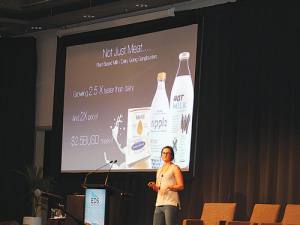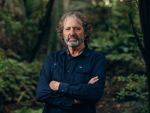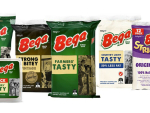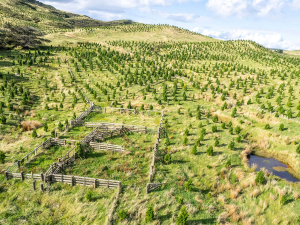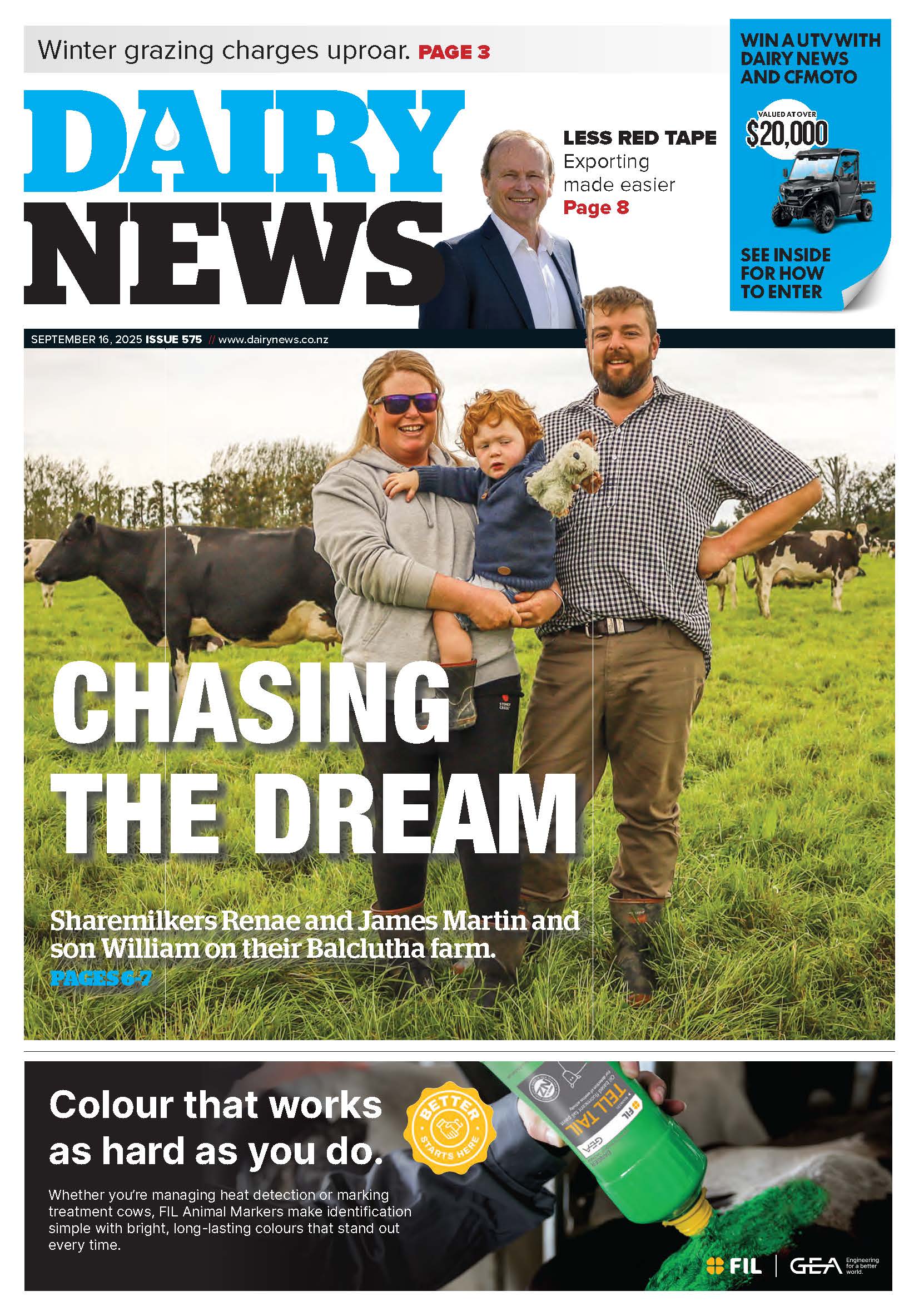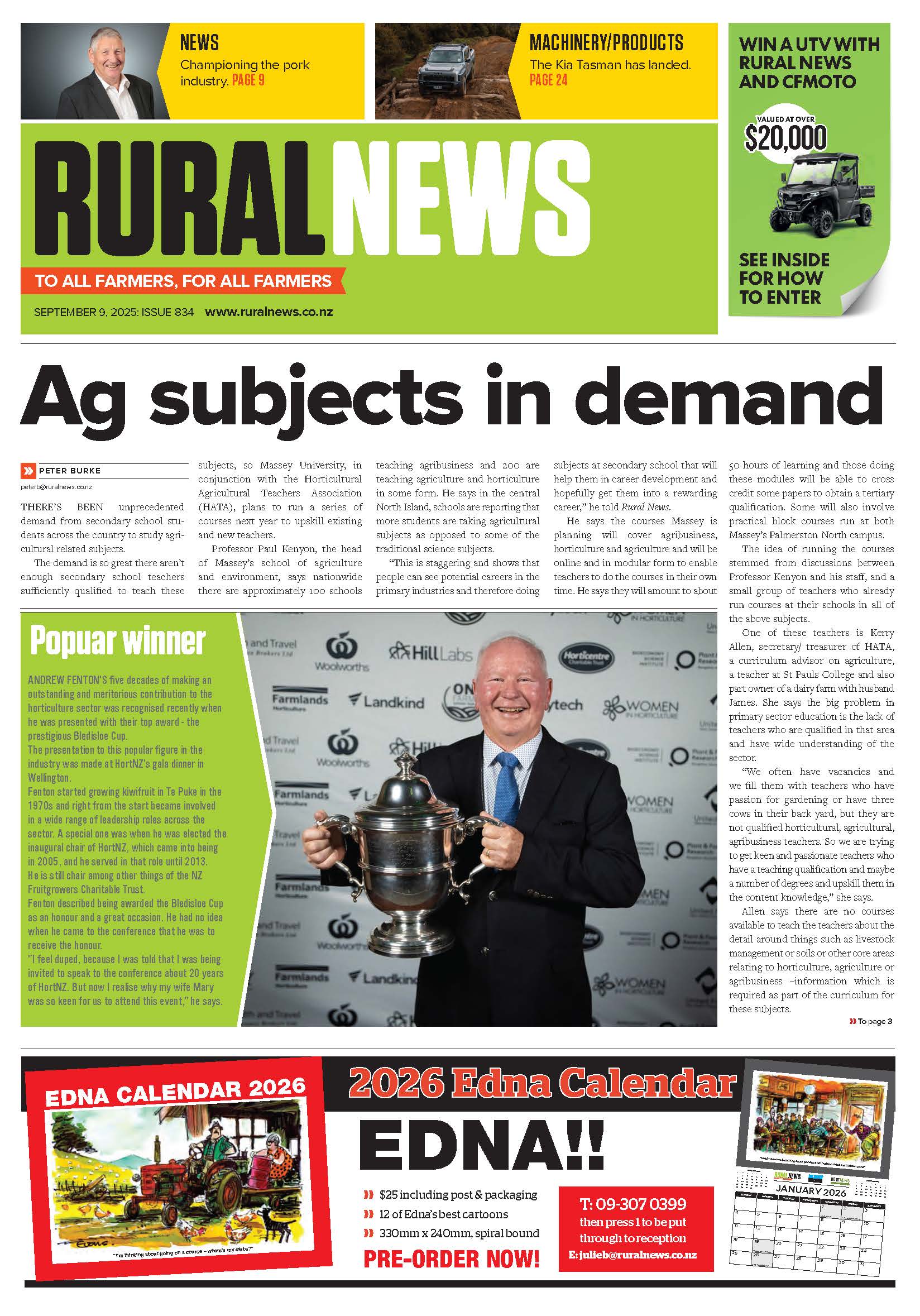Traditional livestock based food companies are investing heavily in the new ‘animal-less’ technologies.
The Kiwi farm is endangered by these developments, by how endangered depends on our response to changes which will transform food production, says Dr Rosie Bosworth, senior strategic planner, Rethink X.
New technologies have opened the door on a new framework of agriculture -- the latest one in 10,000 years of change, representing the second domestication of agriculture, she says.
“What does this mean? It is essentially protein without animal – or food without a farm,” she told an Environmental Defence Society conference.
Cellular agriculture – as used with lab-grown meat -- is culturing animal cells in the lab, says Bosworth.
“It is not just in meat; it is in all aspects of agricultural products -- milk, meat, eggs, seafood, fish, leather... all sorts. So it covers the whole agricultural value chain. The companies harnessing this cellular agriculture are increasing in droves.”
The first lab-grown burger in 2013 cost a hefty $330,000. Commercially focused companies like Memphis Meats have gone on to manufacture burgers that are goey, fatty and tasty just like a normal burger. They initially cost $1000 to make but the costs are reducing daily. In five years the cost is expected to be $2/kg.
Bosworth says so-called ‘clean meat’ is eight times better at calorie conversion. It takes 23 calories to make one calorie of beef on a farm but only three calories to make one calorie of beef using cellular agriculture.
There is a 10 times reduction in water, land use and greenhouse gas emissions, she claims, based on US production systems. It takes four to six weeks to harvest cultured meat in a lab as opposed to growing a calf for 12-18 months.
Clean meat, or cellular agriculture, is safer too, she says, when compared to feedlots, battery farming and factory farms. There is zero salmonella, no antibiotics, no hormones, the meat stays fresher for longer, there is less spoilage and reduced risk for foodborne illnesses.
The cells from one cow can produce enough beef to feed a small country for a year, she says. It is not just ‘clean meat’ using cellular agriculture, she says. Perfect Day is producing milk and dairy proteins without cows milk. They have not yet hit the market but should be watched. They claim 98% less water use and 65% less energy use.
“I would hazard a guess that even if Fonterra and NZ dairy really do lift their game in sustainability, I still don’t know if they can match those numbers,” she says. “You also have antibiotic free, lactose free, cholesterol free making it the perfect creamy beverage for some people who can’t handle some of their milk right now.”
Plant-based proteins are another major new food technology, she says.
Impossible Burgers uses plant-based materials (not cellular agriculture) that bleed, drip and taste like “a bloody burger”. They aim to be in 1000 restaurants by the end of the year and produce 4 million patties a month.
They are not in the supermarkets but other companies like Beyond Meats are. They also use plant based proteins and their products are already sold alongside beef in the supermarket. They are in Safeways, Whole Foods and universities across the US and have just entered the Asian markets.
Big Foods are investing in this. “They see it as a threat and they want to buy into it and be part of this movement instead of being disrupted by it.”
Tyson and General Mills are buying shares in companies developing the new technologies. Tyson is one of the biggest animal food producers in the US that use factory farm methods.





